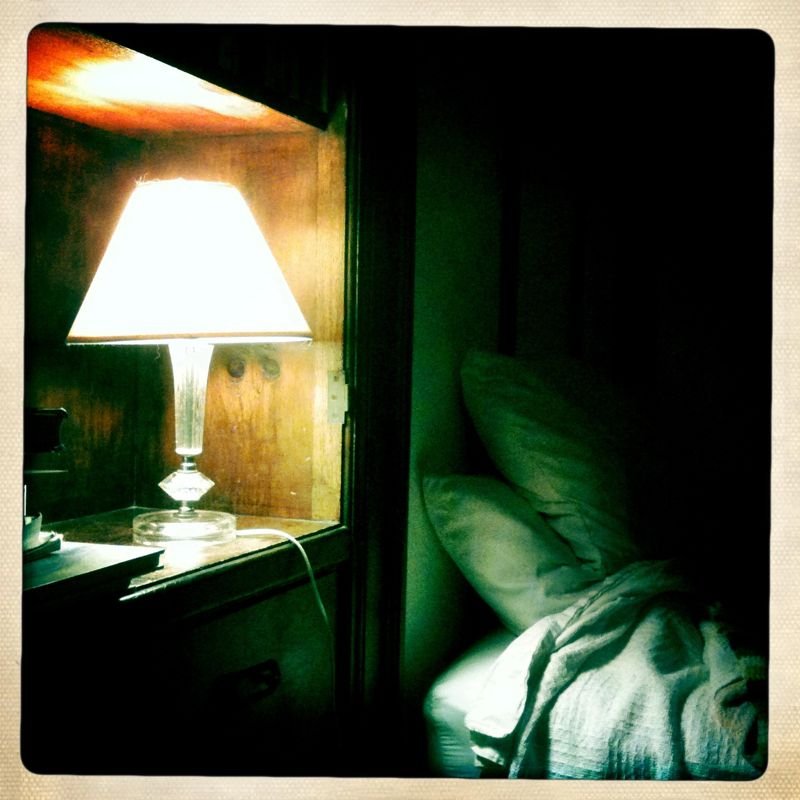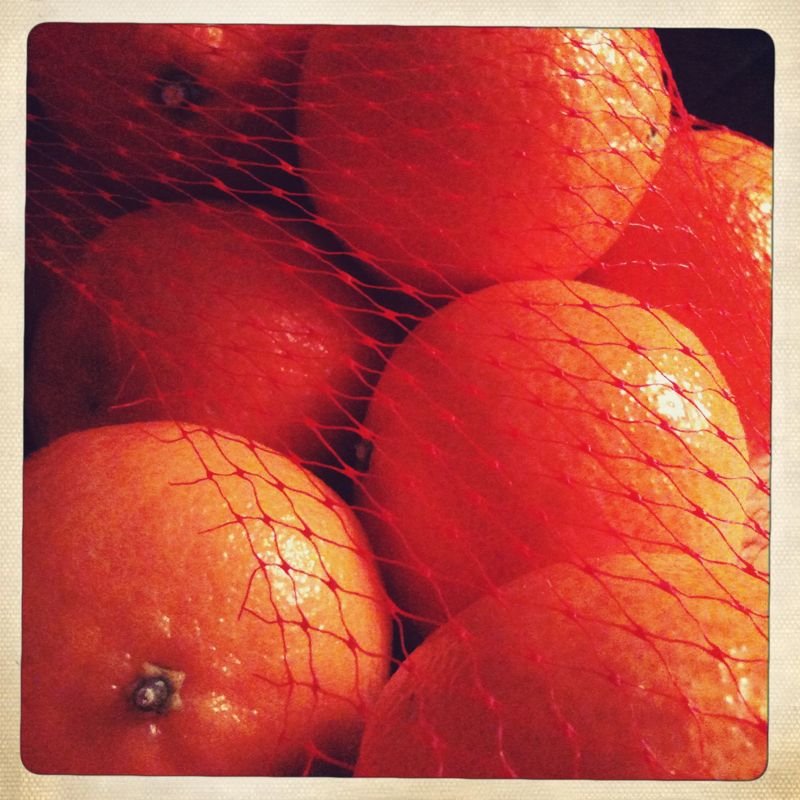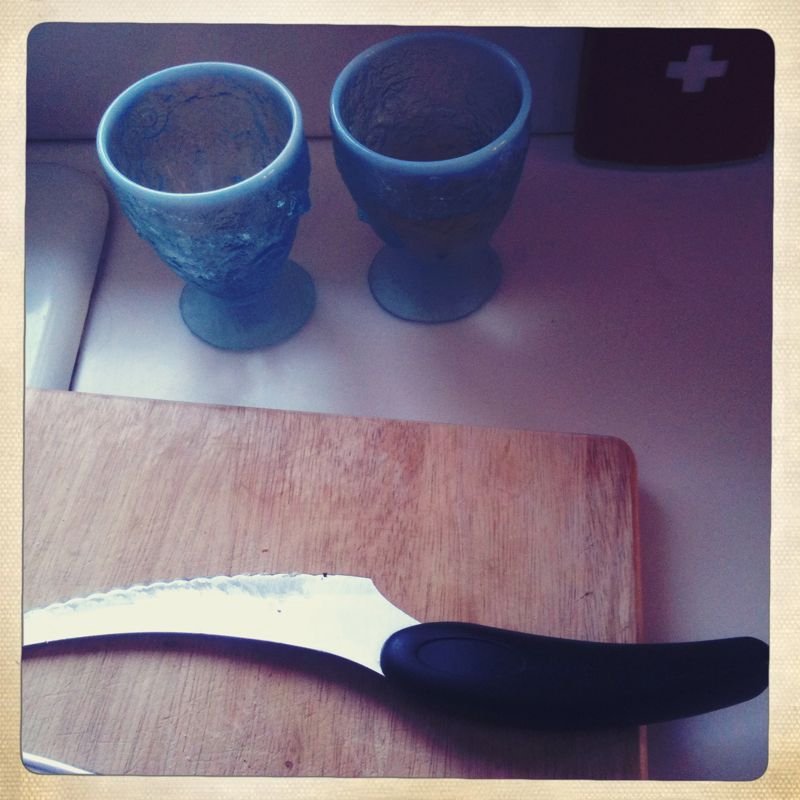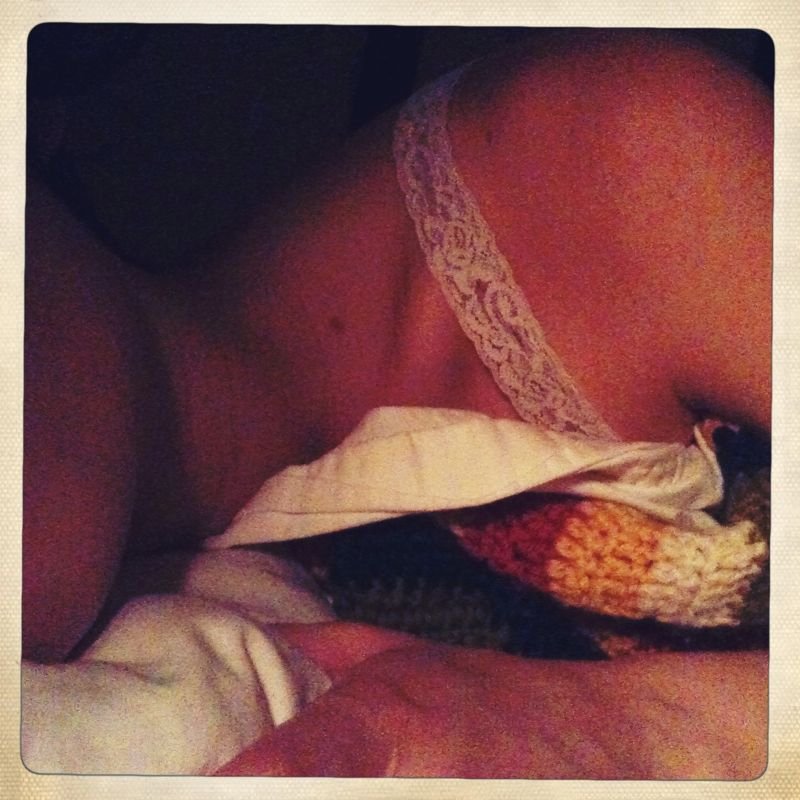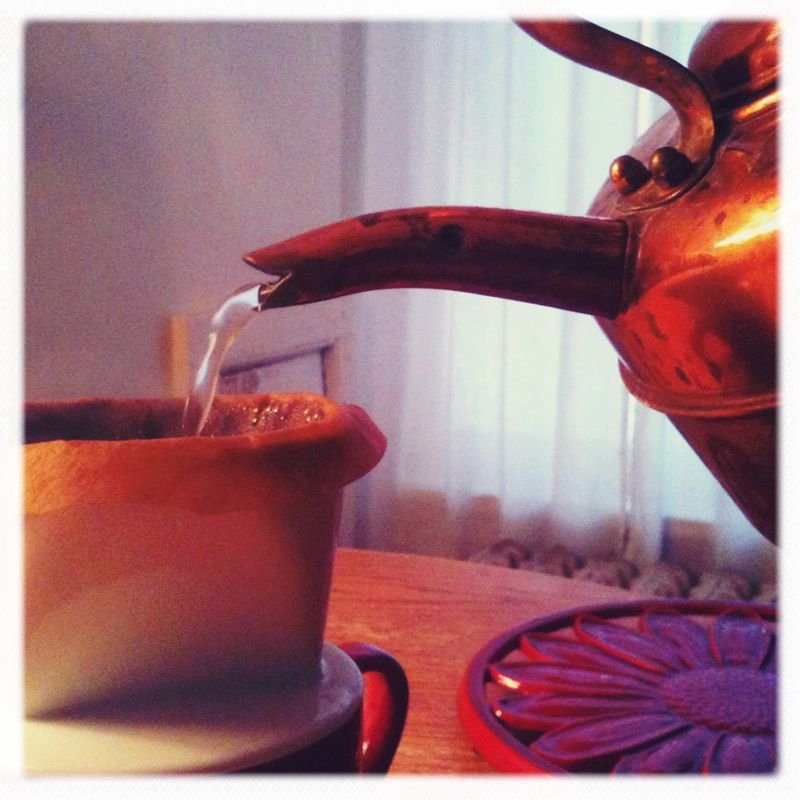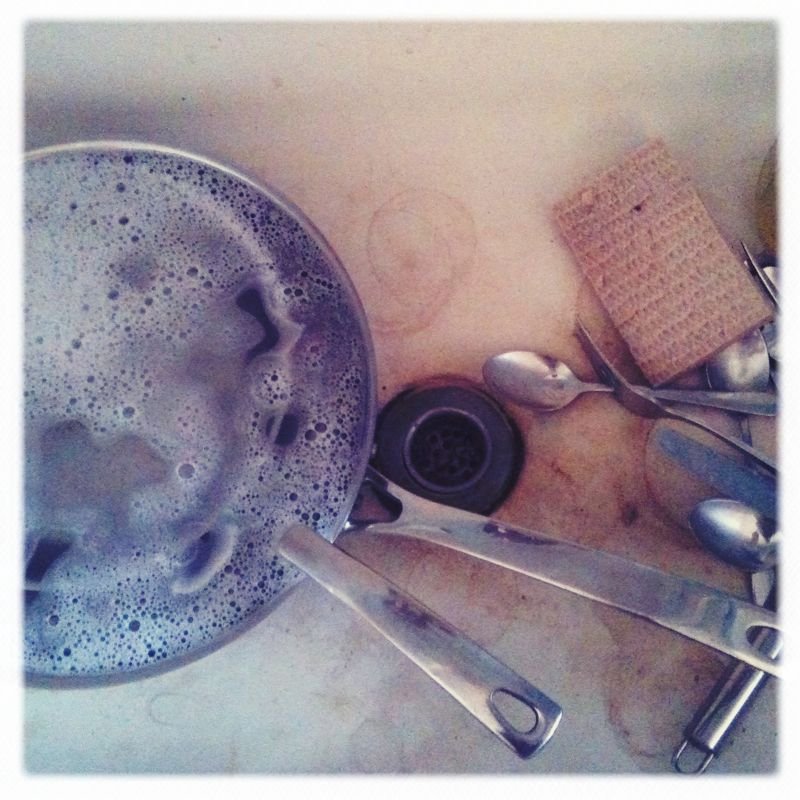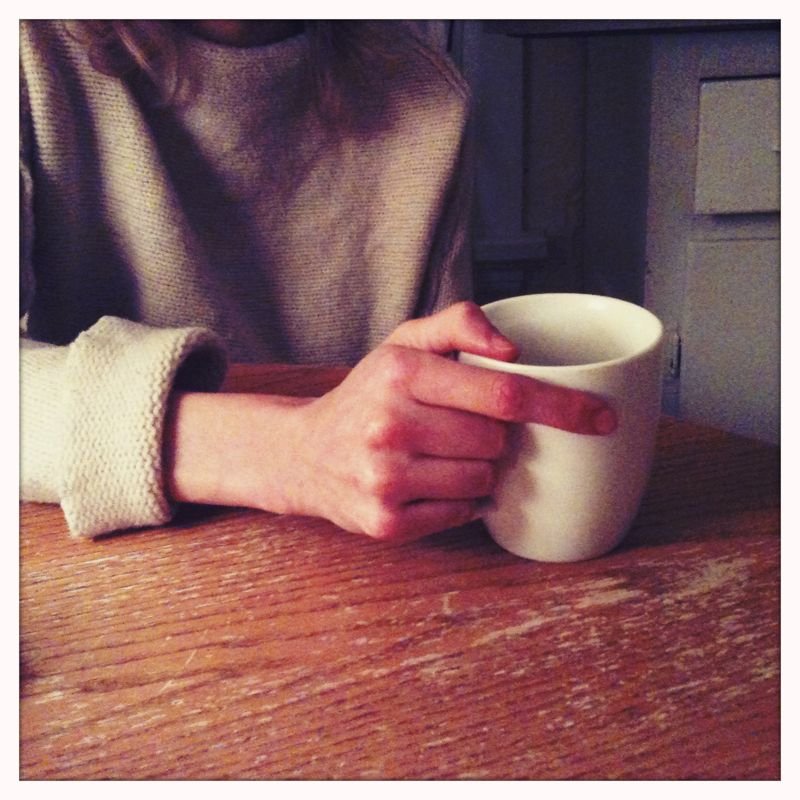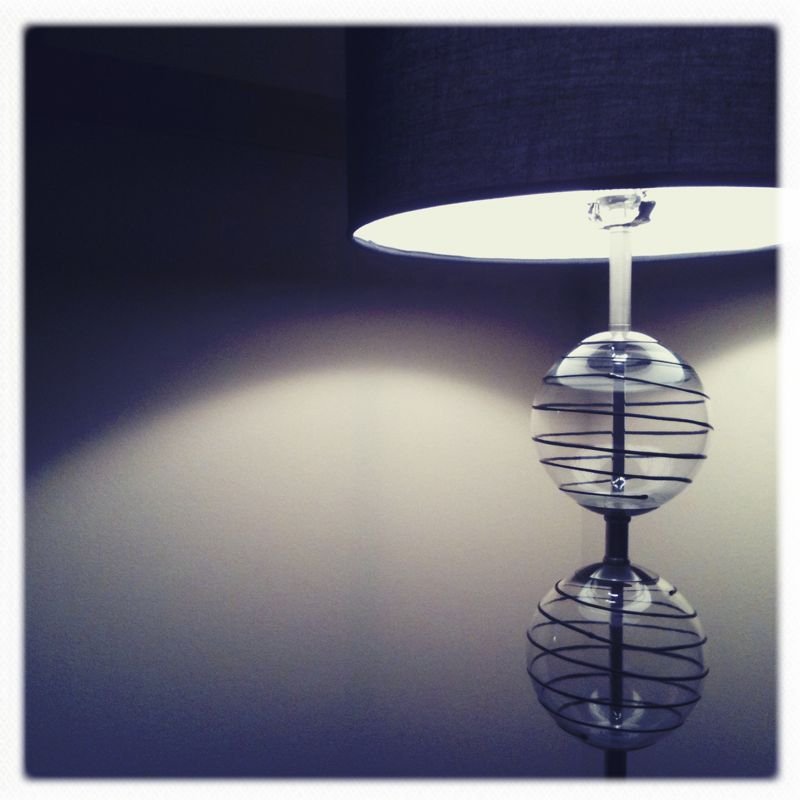“love, this will be excruciating”
In August 2015, I wrote a letter to a past version of myself.
My mom died in 2010, and it took me many years to be able to write this letter, to develop a compassionate, realistic understanding of my grieving experience. Grief has its own timeline and the variety of experiences is limitless. Your grief may not look like mine and that doesn’t make it better or worse or anything other than what it is. I was bewildered by the intensity of my feelings: heartbroken, inconsolable, embarrassed, lost, and lonely.
It’s that last part — the loneliness — that I especially wanted to speak to with this letter. After a few years, I could witness my own experience with kindness and empathy. It seemed like it took a long time, but eventually I didn’t feel lonely anymore. I felt I’d experienced something profoundly, fundamentally human, something that had changed me forever.
Dear February 2011 Bobbie,
Love, do you remember that day you sat with Mom — maybe two weeks before she died—and she sat on the edge of her bed, crying? How she said, “I don’t want you to think I’m crying for myself. I’m crying for you, because I know how hard it will be.” Do you remember holding her hand and nodding in silence?
Of course you remember. Her words haunt you because now you know what she meant. You also understand something about her that you could not have understood before, how she must have felt losing both of her parents, and, 10 years later, her sister Lynn. How excruciating it must have been to go on caring for three small children and a husband who could not have possibly understood or appreciated what she was experiencing.
It’s been just over a month now and I know you’re struggling. I know you cry in the shower on your knees for lack of strength, letting the warm water run over you, because there you can cry out loud and the neighbors won’t hear.
I know, dear heart. I see your anguish and confusion.
I am your witness and I love you.
Over the next few months people will say some silly things to you, or their looks or silence will imply judgments about your grief. Some people will think you just need “cheering up.” Don’t worry about that. Those people haven’t been through their valley of shadow yet. Grief is intensely personal and no two experiences are ever exactly alike. Some people may not be willing or able to allow this kind of diversity. What they are willing or able to allow themselves to think and feel is none of your business.
What has happened is a big deal. Your life will never be the same.
This first year will be hard. It will get easier after that, and the sadness will begin to mingle with gratitude and love and an urgent lust for life. But before it gets easier it will get harder. At some point you will have to choose to pull out of your grief, like an airplane pulling out of a nosedive. It will be about 7 months from now, when your grief starts to lodge itself in your tissues. You will experience aches and pains that will be worrisome. They are just symptoms of your grief taking up residence in your body.
The energy of grief can be violent. You will fight it for awhile, but eventually you must make the choice to soften, to be gentle, and to take care of yourself. You must choose not to fight, but to let the energy rise and abate, to care for yourself and to return again and again to love and life.
You’ll also need to develop a toolbox of methods for discharging energy or building energy, for expression, and for relaxation. Each day may be different. Sometimes you will need to get still and quiet—try meditation or coloring books or a hot bath. Sometimes you will need to discharge energy—try running, dancing, hiking through snow drifts, rock climbing, kick boxing. Do whatever feels good that day.
This toolbox-building will be a challenge, because you have not been taught to do this before. This is partly due to the particular set of circumstances in which you were raised, but it is also a luxury of modern, Western life that many people do not see death firsthand very often. 100 or 150 years ago you would have had a different experience of death, dying, and grief because you might have had more experience with it sooner. Things we take for granted now — like hand washing, penicillin, the polio vaccine and more — was either in its infancy or not invented yet. Mothers died more often in childbirth, strep throat could not be cured with a simple round of antibiotics, and dehydration from diarrhea could not be reversed with a trip to the emergency room.
Also, our lives are so self-destructive on a daily, routine basis. We rush around in noisy atmospheres, pack our schedules full of activity, don’t relax even when we’re relaxing. We punish ourselves, create drama in our relationships, and stay in jobs we loathe. We poison our air and water and soil and numb out with TV and web surfing and alcohol and pot when it all gets too much.
All this being said, you will not always know what you need. You will sometimes spend the weekend in bed watching episodes of Sherlock Holmes over and over, eating hot buttered toast and drinking coffee. This, too, is alright.
I see you blame yourself for not being able to “get a grip” but nothing in your upbringing or society has encouraged you to develop skills to deal with this. You have already realized that your ideas of death and dying and grieving came from what you have seen in the movies. I know you are ashamed of this, and even somehow resentful of it. I know you are confused by your shame and resentment.
Your confusion and overwhelm are natural.
Take a deep breath.
Now take another one.
There is only one simple truth, love, and here it is: this will be excruciating. This will be messy and that’s ok because messy is its nature. Wanting grieving to not be messy is like asking a rainstorm to not get you wet. It’s not only impossible, but crazy to ask. If you try to tidy it up, make it presentable, or just deny it altogether, it will recede into your body and then find its way out in all sorts of bizarre ways.
Good will come out of this, but that’s a complex subject for another letter. For now, breathe, ask your grief what it wants you to do today, and then try to find a way to do it. Hang on and breathe, breathe, breathe.
You grieve because you love. This is why we are here. This is what matters.
With endless love,
2015 Bobbie

